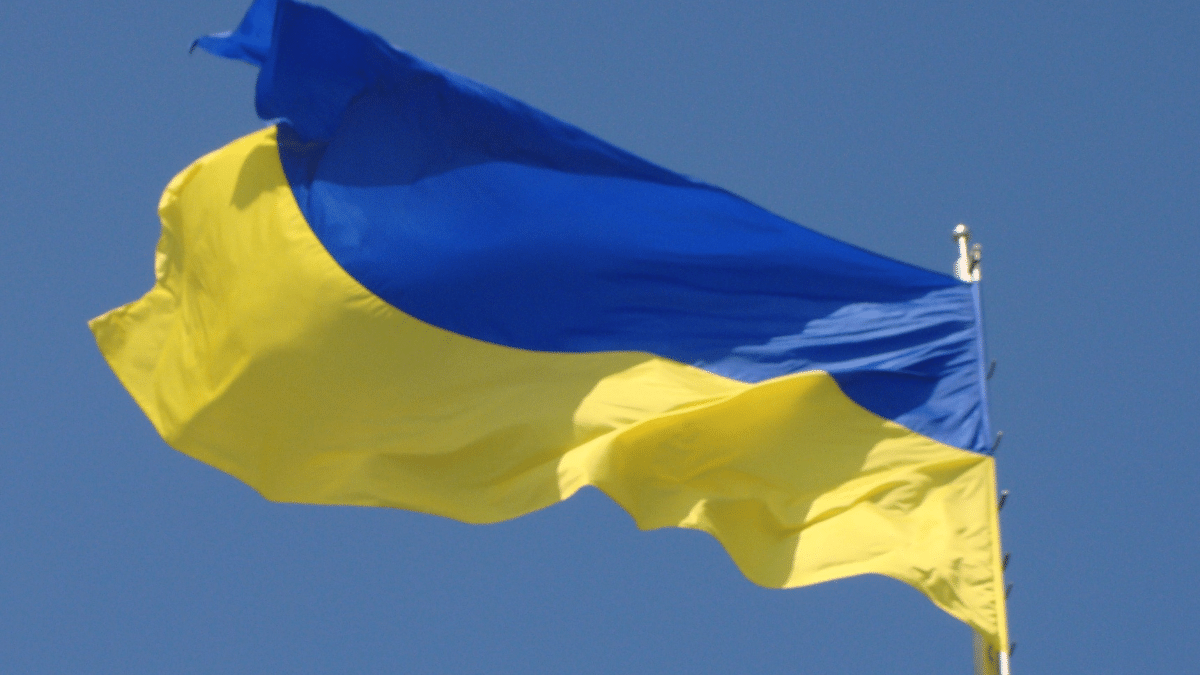A Marathon, not a sprint: how we’re responding to the invasion of Ukraine

In the past week, since Russia invaded Ukraine on February 24, the global response has been massive, alongside a great number of organisations working with LGBTI communities in the country, and in countries where refugees are landing.
At ILGA-Europe, we’re working to immediately help vulnerable people, but we’re looking towards the long-run too.
As the war in Ukraine has become the focal point of the world, there is a rush to help people and organisations in the country, and rightly so. As many staying in Ukraine seek safety and survival support, while a million and counting continue to cross borders into neighbouring countries and chances for people to leave become slimmer by the day, an immediate humanitarian response is absolutely necessary
At ILGA-Europe we have been working in this respect, helping people on the ground as best we can through our connections with LGBTI organisations, but we recognise that this is not going to be a short-term situation for vulnerable people in Ukraine, Russia and neighbouring countries.
We recognise that this is a marathon, not a sprint, and that efforts across the board to help are complex and will become more so as time goes on. With that in mind, here are the elements of our work, which began in the days leading up to February 24, and are continuing.
Funding
We have shifted a major proportion of our re-granting funds to give emergency help to LGBTI organisations on the ground in Ukraine to help people in the country find safety, food and shelter. We are also shifting funds to LGBTI organisations in neighbouring countries to help get LGBTI refugees into proper living conditions and help them acclimatise.
Working with other funders
We are coordinating with other organisations who are doing fundraising, as well as with our funders to join them up with the right organisations in Ukraine and neighbouring countries, where the funds they raise can do most good.
Directing individual fundraising to the organisations that urgently need it
We are building a list of organisations in Ukraine and neighbouring countries working directly with LGBTI people and communities, which can be found here. This is a growing list, and the information is as accurate as possible.
Connecting those who are mobilising
We have set up various communication channels to connect those who are helping people get into safety and ensure quick coordination around emerging needs.
Working with our member organisations in Ukraine, Belarus and Russia
Although it is difficult to have day-to-day contact with LGBTI organisations in Ukraine, we are doing our utmost to keep the flow of contact with them going, so that we can work to support them in whatever way we can, based on their needs. We are in day-to-day contact with our member organisations in Russia and Belarus, where repression to civil society has intensified, to support them in whatever way we can, based on their needs.
Advocacy on Medical Provisions
Currently one of the paramount issues is making medications available for trans, intersex and people living with HIV. We are assessing needs and working to target the World Health Organisation, governments and the pharmaceutical industries, advocating on behalf of those in need.
Advocacy for Refugees
We are providing information about EU regulations adopted on temporary residency for refugees now, and using our channels with EU institutions and agencies, as well as with national governments to see how we can make sure that all refugees are respected at borders, including BPOC, people with non-Ukrainian passports and trans people.
Together with Transgender Europe (TGEU), we are raising awareness about the specific vulnerable situation for trans women in Ukraine who do not have a female gender marker on their passport. Many are trying to leave the country but cannot, due to the general mobilisation. We are seeing how we ensure support of such cases and raise awareness of this situation of extreme vulnerability.
We have our communications channels open non-stop for LGBTI organisations who need help, or wish to help. In the meantime, we recognise that while much of our immediate work has turned towards the war in Ukraine, we are figuring out ways to continue to be responsive to increasingly complex, and daily changing circumstances, while continuing to give our attention to other crucial elements of our work for LGBTI people across Europe and Central Asia.